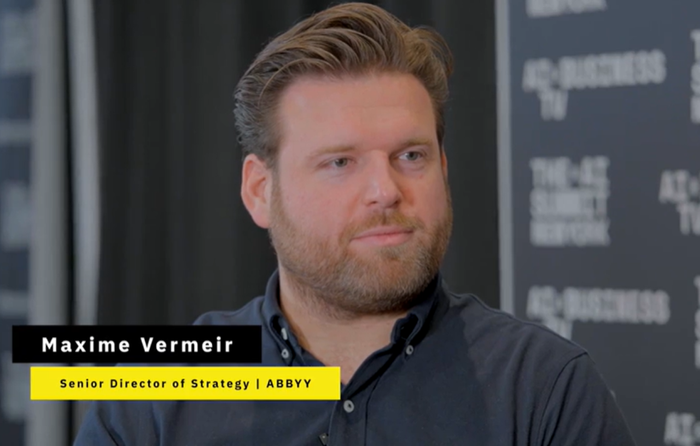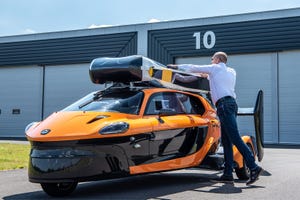Surgeons Use Robots to Operate on Pigs From 500 Miles Away
The Sovato Platform’s successful preclinical test results were presented at the Society of Robotic Surgery 2024 Annual Meeting

Surgeons recently performed a series of successful medical operations on pigs from 500 miles away using robotic-assisted surgery (RAS).
The preclinical tests of the Sovato Platform were carried out by doctors in Lincoln, Nebraska, who operated on subjects in Chicago. Nephrectomy, hysterectomy, colectomy and cholecystectomy procedures were successfully completed using the new software-as-a-service (SaaS) platform, which was paired with Virtual Incision's MIRA Surgical System, billed by the company as the world’s first miniaturized RAS device.
The Sovato platform remotely connects surgeons in one location to patients, operating rooms and staff in another. It can be paired with any RAS device — in the demonstration’s case, a modified version of MIRA — to control the device’s surgical arms and an integrated articulating camera in the operating theater for “full situational awareness.” The platform also provides surgeons with clinical workflows, data, supporting infrastructure and a fiberoptic network.
"I could not tell the difference between doing surgery in my operating room or in an operating room that was 500 miles away," said one of the surgeons, Francesco Bianco, associate professor of surgery at the University of Illinois, Chicago.
"The experience was seamless,” added Bianco, who presented the test results at the Society of Robotic Surgery 2024 Annual Meeting in Orlando, Florida. “There was no detectable delay. There was absolute comfort in communicating with the team on the remote side. Everything looked like a normal day in my operating room."
After the operations, the seven participating surgeons completed user-experience assessments based on the NASA Task Load Index, a self-evaluation tool used to measure a participant’s mental workload while performing a task. The assessments showed the surgeons had a high degree of confidence while performing the procedures, Sovato said, adding that the doctors enjoyed effective communication with the bedside assistants and comparable situational awareness between the remote operating room compared to in-person surgery.
Remote surgery has the potential to help billions of people around the world who don�’t have access to quality surgical care, as well as 83 million Americans who currently must travel for routine procedures, Sovato said.
"Remote surgery offers the ability for surgeons and healthcare teams to care for patients who may not have access to minimally invasive surgery in many parts of the world," said another one of the surgeons, Marty Martino, director of gynecologic oncology and robotic surgery at Ascension St. Vincent's. "To think about a surgeon located in one city and performing a remote surgery more than 500 miles away — all while feeling like you're right there in person with the patient and care team — is history in the making."
The surgeons who participated in the trials were:
Francesco Bianco, General Surgery – University of Illinois, Chicago
Michael Fabrizio, Urology – Urology of Virginia
Gerald Gantt, Colorectal Surgery – University of Illinois, Chicago
Gregory Heidrick, Obstetrics and Gynecology – Lincoln OB/GYN
Michael Jobst, General and Colorectal Surgery – Bryan Health
Martin Martino, Gynecologic Oncology – Ascension St. Vincent's
James Porter, Urology – Providence St. Joseph Health
About the Author
You May Also Like








